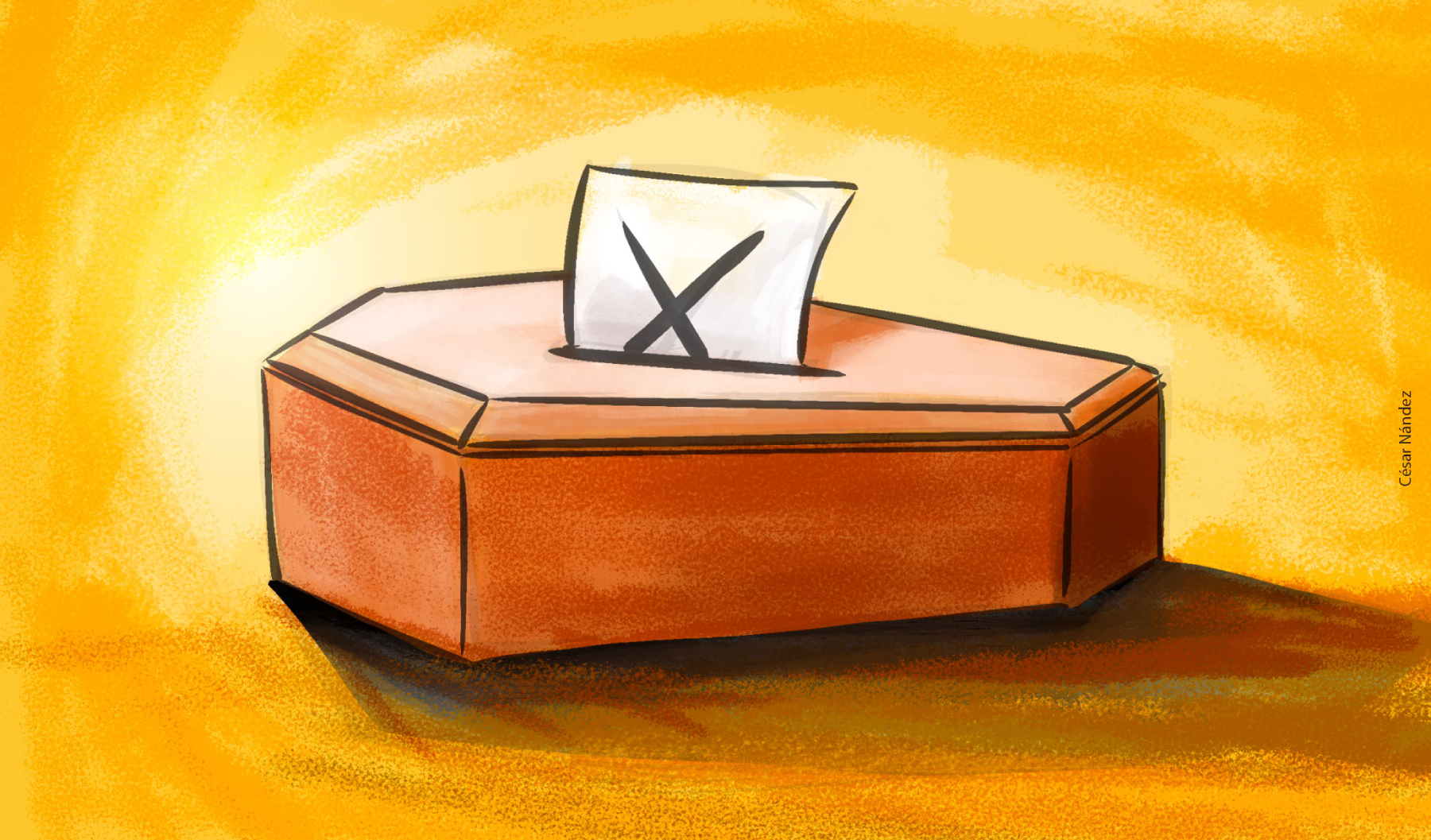Can there be democratic backsliding where democracy never existed? Various assessments based on information from surveys and indices, such as Latinobarómetro, The Economist’s Democracy Index, the Bertelsmann Transformation Index, V-Dem, and Freedom House indicate that democracy has been in retreat worldwide for some years, particularly in Europe, Asia, Africa, and especially Latin America. Factors indicative of this retreat include the devaluation of the rule of law and challenges in accessing justice, diminished electoral integrity, rising polarization and distrust toward political parties and legislative bodies, and an increased preference for authoritarian leaders and solutions.
A diachronic reading of Latinobarómetro shows that the erosion of democracy is not uniform, regardless of the level achieved in each country in the region; it does not occur to the same extent or at the same pace. However, it is also noticeable that there are peripheral societies in Latin America where democracy has not arrived and never will, so this erosion is not even perceptible as they cannot experience the effects of the retreat of something that never existed.
Data from the 2023 Latinobarómetro and previous years reveal that regarding questions related to satisfaction with democracy, dissatisfaction percentages are high in localities with fewer than 10,000 inhabitants, similar to those in large urban areas with over 100,000 inhabitants and national capitals. Notably, in general, in less densely populated areas, the responses “Don’t know” tend to exceed 5% of the total number of respondents, reaching up to 10% in countries like Bolivia, Honduras, and Mexico. This suggests that in sparsely populated areas of Latin America, citizens may not even be able to express an opinion on satisfaction with democracy because it likely does not exist.
It is significant that in less populated areas, with fewer than 20,000 inhabitants, the propensity to “support a military government if things get difficult” tends to have higher responses than in more populated and urban areas. In countries like Argentina, Bolivia, Ecuador, El Salvador, Mexico, and Paraguay, more than 40% agree with this statement, while in Guatemala, Honduras, and Peru, it even exceeds 60% of respondents, with similar percentages in some regions of Mexico.
Resistance and crisis of democratization
A few years ago, the concern among Latin America’s intellectual and academic elites was the crisis of democratic consolidation as opposed to its erosion. The transitions in various parts of the region created high expectations: it was believed that removing the military and establishing competitive elections as the only legitimate way to access power would suffice to establish democratic regimes. This minimalist and narrow vision of democracy assumed that this alone would lead to the rule of law, reduced social inequalities, increased citizen interest in participation, and the presence of responsible parties in government and opposition.
At the end of the 20th century, political scientist Guillermo O’Donnell argued that the effects of democratization would depend on social homogeneity or heterogeneity, state efficiency, and the existence or absence of spheres of power autonomous from the central government and its territorial base. Soon after, initial diagnoses found that democratization in Latin America was incomplete or, at best, that the democracies were defective. Various terms were coined to describe the types of (non)democracies established in the region: delegative, imperfect, incomplete, etc.
In retrospect, the region’s democratic problems are more complex than the so-called erosion. This is not because erosion does not exist, but because consolidation never reached everywhere or was, at best, an imperfect process. Moreover, in many regions of Latin America, especially in the peripheries or outside major urban centers, democracy is nonexistent or its development has been so precarious that it can hardly be said to have matured. So, can we talk about the erosion of democracy when it is an unfinished and imperfect process?
Structural duality as an explanation
During the 1960s and 1970s, the idea of “structural duality” gained relevance in Latin American social sciences. Julio Cotler summarized it: two different social formations can coexist simultaneously within a state, generating significant and persistent contrasts between urban and peripheral centers, between urban and rural areas. Just as there are developed and underdeveloped countries, analogous processes of development and underdevelopment are closely linked in Latin American countries. Rodolfo Stavenhagen called it “internal colonialism.”
While this explanation fell out of favor, the current problems in the region highlight that the territorial dimension, social heterogeneity, and the reach of state efficiency in Latin America maintain this structural duality. Democratic issues, often viewed as linear and homogeneous processes, become more complex. The democratic order and state effectiveness tend to fade as one moves away from national and urban centers. Therefore, talking about democracy in Mexico City, Buenos Aires, São Paulo, Lima, or Bogotá is not the same as in Chiapas, the Buenos Aires Conurbano, Mato Grosso, Puno, or Cauca, where democratic issues may be the least of the population’s concerns.
Latin America has democratized at certain levels, especially at the level of national institutions and consequently in large urban centers, but this has not happened equally at a local level or in the peripheries. Therefore, perhaps more than democratic erosion, we are witnessing a crisis of state efficiency and, consequently, unfinished or absent democratizations. Coupled with the crisis of the neoliberal economic model, precariously imposed in many areas, this keeps the region mired in severe problems whose urgency for efficient solutions easily opens the door to authoritarian solutions.
*Translated by Ricardo Aceves from the original in Spanish.











